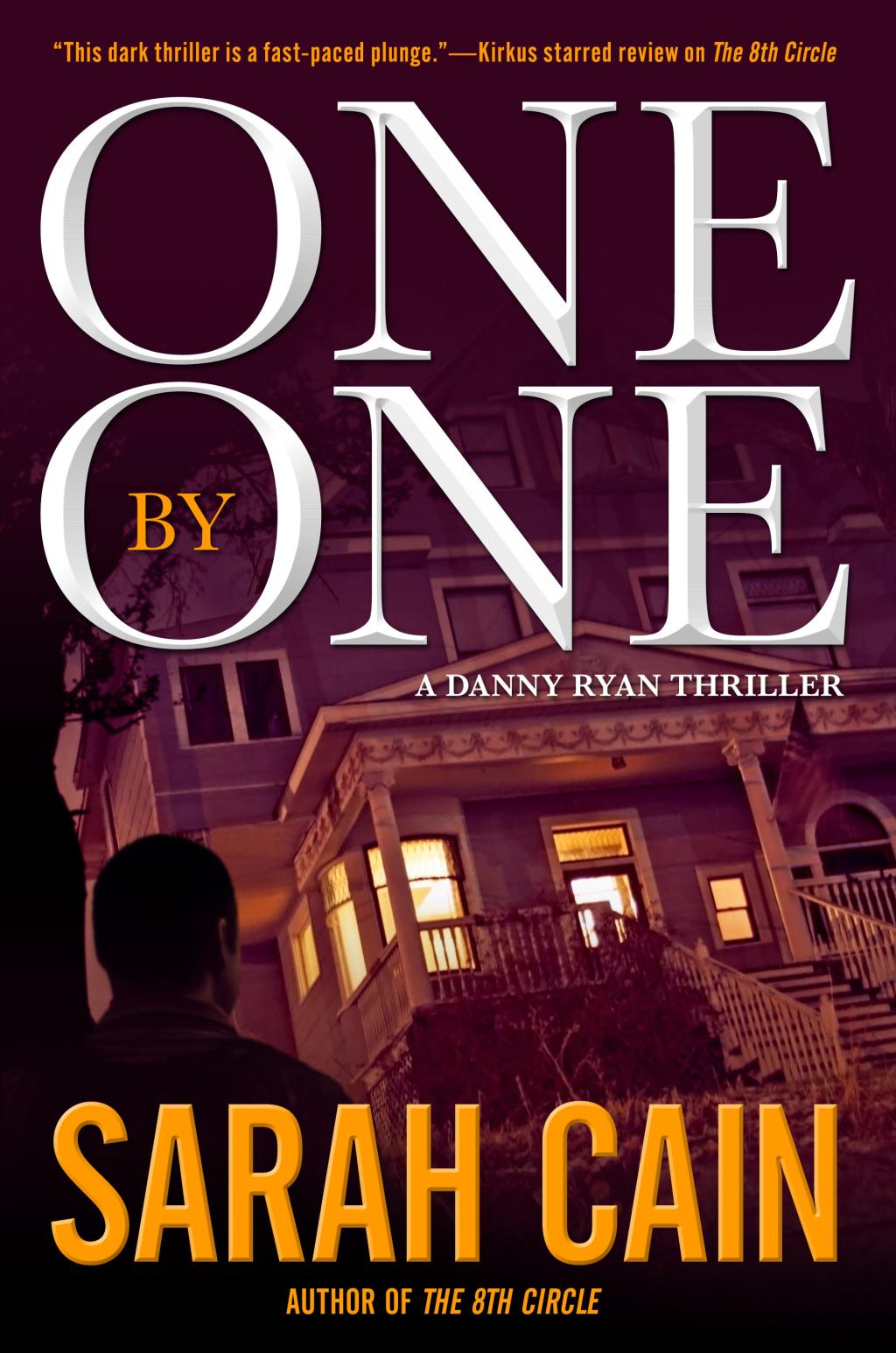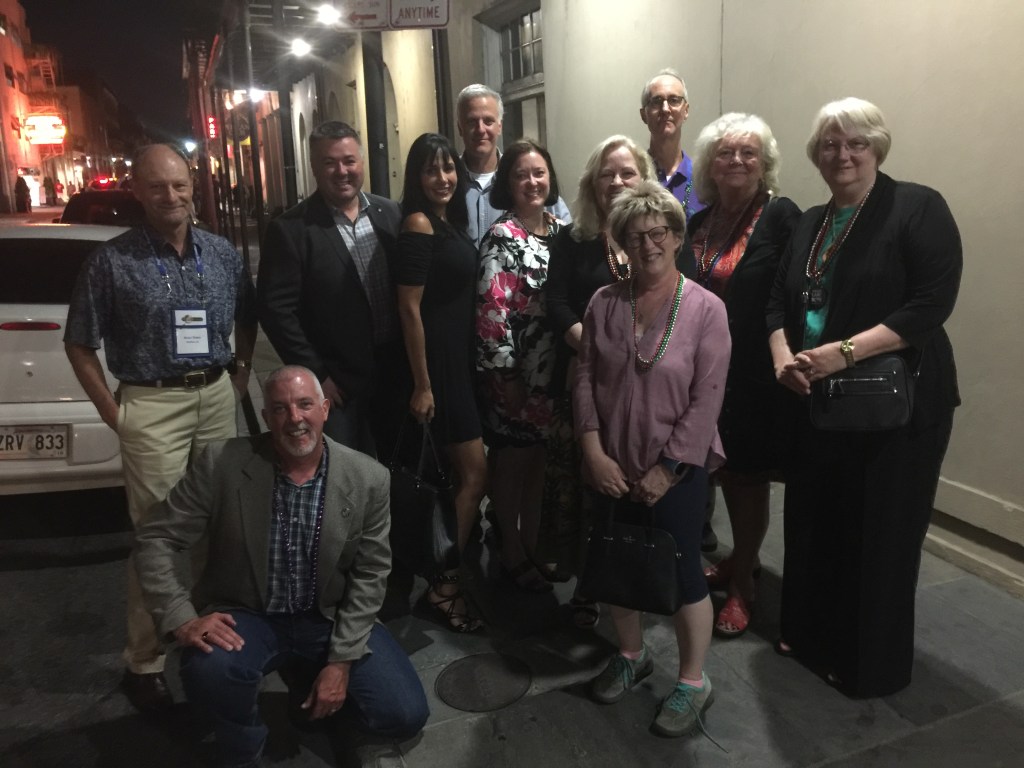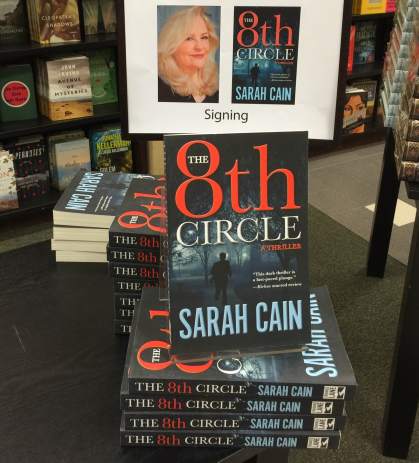So yes. Here it is, One By One, my latest mystery-thriller, the sequel to The Eighth Circle, my debut novel. It will officially come out in mid-March, but is already available for pre-order on the usual sites and is once again published by Crooked Lane Books.
Writing a sequel is an interesting journey. In novels, characters have arcs. As they travel down the road of the plot, they presumably gain some insight along the way and grow in some way. So writing a sequel requires that the protagonist, especially, have a new arc and a new way to grow.
When I first conceived The Eighth Circle, I had a very dark vision for my protagonist reporter Danny Ryan. He has lost his wife and son, and he is forced to travel a hellish path to solve the murder of a friend. In so doing he gets himself back on his feet, but it doesn’t bring him much comfort.
In One By One, Danny faces a different sort of challenge: one that requires him to look to his past and move beyond it. He has to choose whether to step away from the wreckage of his old life and start anew or go backward.
I tend to be a slow writer. I use a loose outline. I have a set word count that I strive for each day, but I’m never quite sure whether I’ve hit it because I go back and forth editing. (I know the manuals tell you to rip through your first draft, but I don’t write that way.) I spend time researching, which means I need to see things that are going to appear in my story (I’m a really visual learner here). Since my novels are based in Philly, I am compelled to make sure the streets are correct as much as possible (though I do use some made up places, just for fun). As for the politics that percolate in the background, even I couldn’t dream how weirdly it all ties together. Or comprehend how much more bizarre reality is than fiction.
It’s been great fun coming up with new ways to torment and befuddle Danny in this latest offering. It’s a dark world out there. Perhaps we all need to escape into fiction.




